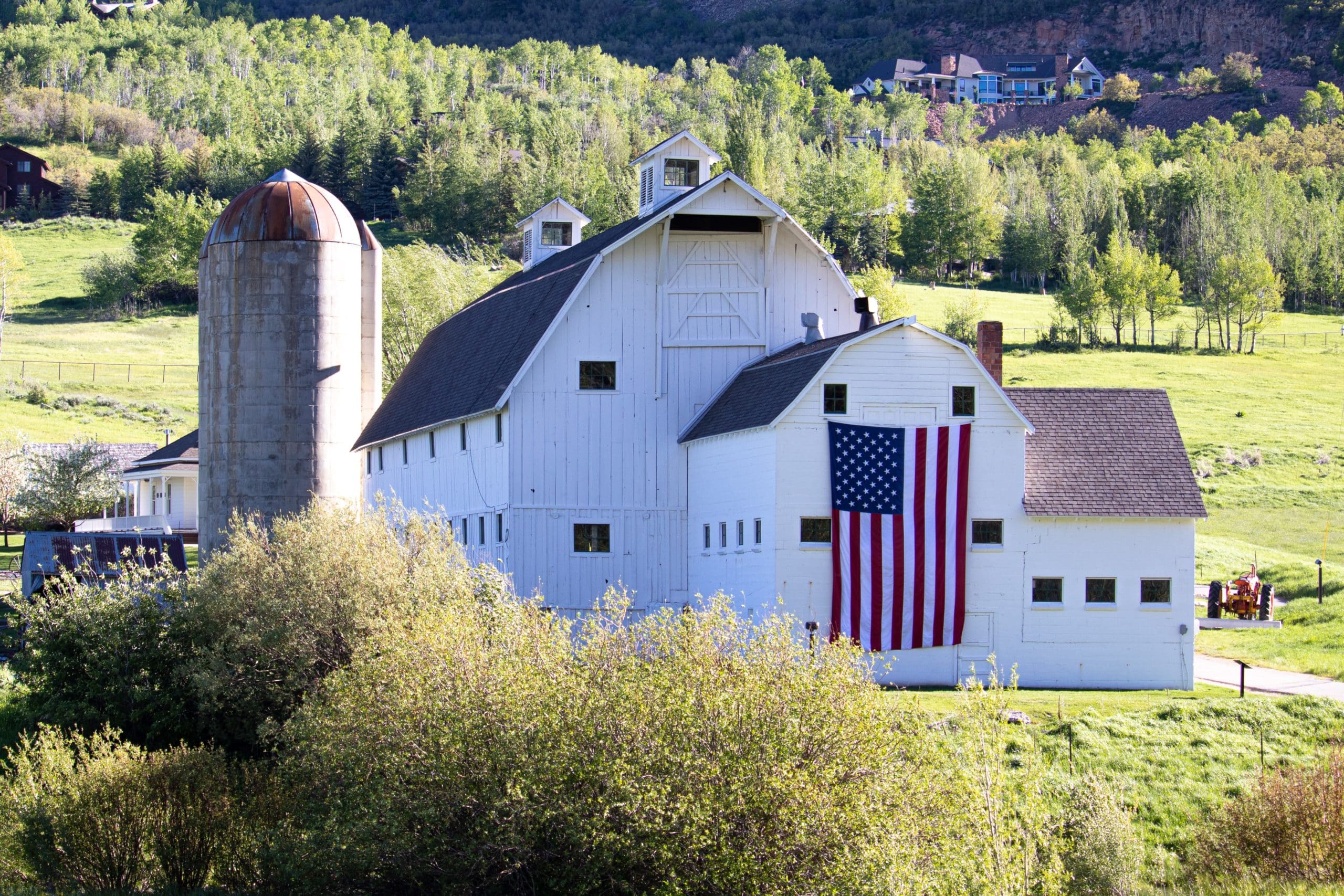Legacy Design Strategies
Omaha, NE, Minot, ND and Iowa Fall, IA Estate Planning and Elder Law Firm
Estate Planning and Elder Law Blog

There are four elements to a trust, as described in this recent article “Trust as an Estate Planning Tool,” from Ag Decision Maker: trustee, trust property, trust document and beneficiaries. The trust is created by the trust document, also known as a trust agreement. The person who creates the trust is called the trustmaker, grantor, settlor, or trustor. The document contains instructions for management of the trust assets, including distribution of assets and what should happen to the trust, if the trustmaker dies or becomes incapacitated.
Beneficiaries of the trust are also named in the trust document, and may include the trustmaker, spouse, relatives, friends and charitable organizations.
The individual who creates the trust is responsible for funding the trust. This is done by changing the title of ownership for each asset that is placed in the trust from an individual’s name to that of the trust. Failing to fund the trust is an all too frequent mistake made by trustmakers.
The assets of the trust are managed by the trustee, named in the trust document. The trustee is a fiduciary, meaning they must place the interest of the trust above their own personal interest. Any management of trust assets, including collecting income, conducting accounting or tax reporting, investments, etc., must be done in accordance with the instructions in the trust.
The process of estate planning includes an evaluation of whether a trust is useful, given each family’s unique circumstances. For farm families, gifting an asset like farmland while retaining lifetime use can be done through a retained life estate, but a trust can be used as well. If the family is planning for future generations, wishing to transfer farm income to children and the farmland to grandchildren, for example, a granted life estate or a trust document will work.
Other situations where a trust is needed include families where there is a spendthrift heir, concerns about litigious in-laws or a second marriage with children from prior marriages.
Two main types of trust are living or inter-vivos trusts and testamentary trusts. The living trust is established and funded by a living person, while the testamentary trust is created in a will and is funded upon the death of the willmaker.
There are two main types of living trusts: revocable and irrevocable. The revocable trust transfers assets into a trust, but the grantor maintains control over the assets. Keeping control means giving up any tax benefits, as the assets are included as part of the estate at the time of death. When the trust is irrevocable, it cannot be altered, amended, or terminated by the trustmaker. The assets are not counted for estate tax purposes in most cases.
When farm families include multiple generations and significant assets, it’s important to work with an experienced estate planning attorney to ensure that the farm’s property and assets are protected and successfully passed from generation to generation.
Reference: Ag Decision Maker (Dec. 2020) “Trust as an Estate Planning Tool”

Get Started Today
Book your Free Estate Planning Consultation Now
Stay Up-To Date
Subscribe to Our eNewsletter
9859 South 168th Avenue,
Omaha, NE 68136
7 Third Street SE, Suite 202,
Minot, ND 58701
320 North Oak Street, PO Box 295,
Iowa Falls, IA 50126
